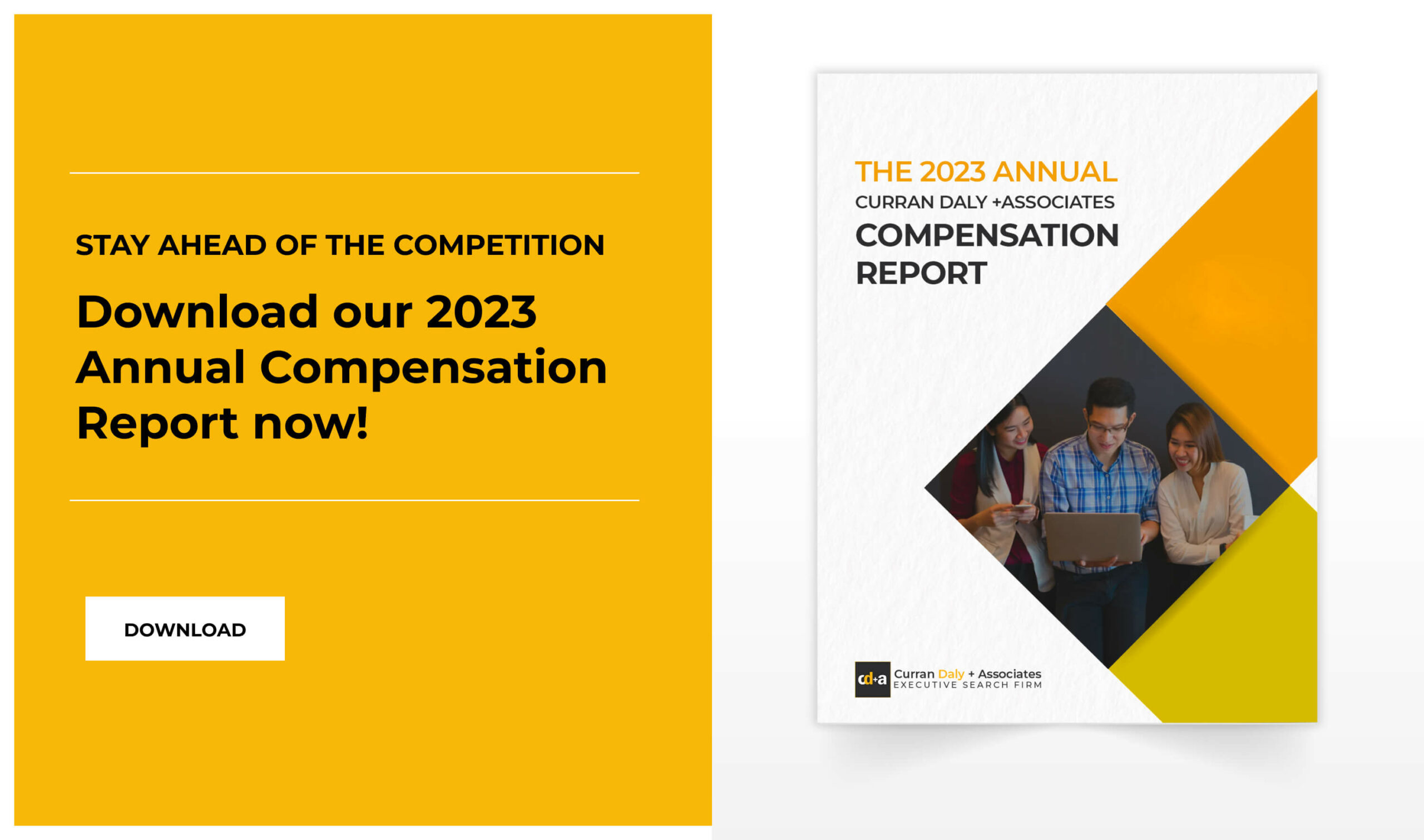- The Philippines is renowned for its hospitable culture and strong service-oriented workforce, making it a top destination for expats and global businesses.
- Filipino values like ‘pakikisama’ and ‘kapwa’ foster effective teamwork and community, enhancing workplace dynamics.
- Understanding these cultural aspects is crucial for successful business collaborations in the Philippines, with its workforce’s adaptability and relationship-centered approach being key assets.
When asked about what they love about the Philippines, tourists who have been to the country often say it’s the Filipino’s warmth and hospitality. And this is true. Filipinos are among the friendliest people in the world.
According to InterNations’ Expat Insider 2023 Report, the Philippines ranks 8th in the best place for expats to live. The Expat Insider Report is an annual survey conducted to gather insights about the lives of expatriates around the world.
This recognition is, indeed, a testament that expatriates who have been to and worked in the Philippines for a long time value Filipino culture.
In addition to their renowned hospitality, Filipinos are recognized for their strong service orientation, making them valuable contributors to business operations and growth. Collaborating with a Filipino team can be highly beneficial, as evidenced by the country’s business process outsourcing sector, which has played a significant role in the nation’s economic advancement.
Over the past decade, the Philippines has become one of the most sought-after countries for investors and companies from various industries worldwide. One compelling reason for the country’s appeal to investors is the warmth of the Filipino people, coupled with the strong work ethic of the Filipino workforce.
Related: Your Guide to the Philippines’ Major Business Centers
If you’re planning to launch a business in the Philippines, it’s a good idea to first understand the things that make the Filipino workforce a unique and desirable team. A good grasp of your offshore team’s culturally preconditioned beliefs, traditions, and values will help you work with them effectively.
Why Is It Important to Know Your Offshore Team’s Culture?
Understanding the culture of your offshore team extends beyond simply avoiding cultural missteps; it serves as a strategic method to cultivate a more harmonious, effective, and innovative work environment. This is critical for the following reasons:
- Improved communication: Understanding communication styles across cultures reduces misunderstandings and drives clarity. Some are direct, others indirect – knowing these differences enriches exchange.
- Cultural awareness empowers collaboration: Approaches to teamwork and problem-solving differ among cultures. Recognizing these varying mindsets unifies a collective force.
- Cultural gaps breed inefficiency: By bridging differences, projects stay on-time and on-budget. Tailoring management to your team’s norms optimizes workflow.
- Respect breeds loyalty: Understanding your team’s cultural background boosts engagement and retention. Valued and understood employees are satisfied workers.
- Diversity sparks innovation: Exposure to varied cultural perspectives encourages out-of-the-box thinking. Embracing these fresh vantage points drives solutions.
A glance at the Filipino workforce culture
Now that you understand the significance of knowing your team’s culture, here’s a brief overview of Filipino culture:
1. Strong Affinity to the Western Culture
Filipinos possess a strong affinity for Western culture while maintaining their distinct Asian identity. This familiarity with different cultures stems from the nation’s extensive history with both Oriental and Western influences.
Furthermore, Filipinos regularly interact with tourists and foreign professionals and are well-acquainted with the outsourcing industry. Consequently, they are adept at effective communication in cross-cultural settings.
Lastly, the inherent open-mindedness and cultural sensitivity of Filipinos enable them to effortlessly build smooth relationships with individuals from any cultural background.
2. Language Proficiency
Filipinos are highly proficient in the English language, having earned a ‘high proficiency’ rating for their grasp of it. This proficiency places them 20th out of 113 countries and second among 23 Asian nations. They also speak with a neutral accent, which is easily understood by native English speakers.
Additionally, the Philippines boasts a significant number of multilingual professionals. Many Filipinos are fluent in languages such as French, Spanish, German, Italian, Mandarin, Korean, and Japanese.
The growing number of young professionals enrolling in the country’s premier language institutes is a testament to this linguistic diversity.
3. Centrality of Family and Relationship
The Filipino definition and conception of family extend beyond school, work, or their relationship with power and the state. This emphasis on relationships is central to Filipino identity.
Consequently, the concept of ‘pakikisama’ is deeply entrenched in the Filipino psyche, making teamwork a natural state of affairs among Filipinos. ‘Pakikisama’ is roughly translated into English as ‘camaraderie,’ but for Filipinos, it signifies more than that.
Pakikisama involves going extra miles to assist others like team members with sincere care, which is a significant aspect of Filipino culture, symbolizing the essence of contributing positively to relationships with others.
4. Strong Service Orientation
The Filipino workforce has been at the forefront of the Philippine call center industry, primarily due to its strong service orientation. Filipinos possess an innate interest in others, making them good listeners and reliable problem solvers. Known for their hospitality and warmth, these attributes are also brought into the workplace.
Filipinos are renowned for their exceptional work ethic and eagerness to demonstrate productivity. Additionally, the concept of ‘kapwa’ (fellowship or togetherness) is deeply ingrained in the core values of the Filipino people. In the collectivistic Philippine society, kapwa refers to the shared identity between people, bonding them together despite differences in wealth and social status.
This sense of kapwa also contributes to the strong sense of harmony among Filipino employees in the workplace. They genuinely believe that teamwork and fostering a sense of community are valuable attributes that enhance their service orientation.
Tips on Managing Workforce the Filipino Way
When managing a workforce in the context of Filipino culture, considering certain cultural nuances can significantly enhance team dynamics and productivity. Here are tips to keep in mind:
- Emphasize Group Harmony and Collective Success: Filipinos often value ‘pakikisama,’ which translates to maintaining smooth interpersonal relationships and group harmony. As a manager, it’s beneficial to create a team-oriented environment that fosters collaboration and collective achievement. Recognize the group’s effort and success as a whole, which resonates deeply within Filipino work culture.
- Practice Respectful Communication: In the Filipino professional setting, it’s crucial to communicate respectfully and formally. Managers should provide constructive feedback to uphold dignity, employing indirect and supportive approaches to promote employee development. Maintaining politeness, showing appreciation, and being mindful of non-verbal cues are vital for creating a positive workplace atmosphere
- Provide Clear Structure and Guidance: While Filipinos are known for their adaptability and creativity, they also value clear directions and structured guidance in their professional roles. Setting clear expectations, providing detailed instructions, and maintaining a well-organized work process can help Filipino employees excel in their roles.
- Celebrate and Acknowledge Achievements: Recognition plays a crucial role in motivating Filipino employees. Celebrating individual and team achievements, acknowledging hard work, and providing positive feedback can significantly boost morale and job satisfaction.
Related Reading: 27 Filipino Words and Phrases You Should Know When Working with Filipinos
Final Thoughts
The Philippines, recognized for its warm and hospitable culture, ranks highly among expat destinations. Its workforce’s strong service orientation and affinity for Western culture, combined with exceptional English language proficiency, make it attractive for global business.
Filipino values like ‘pakikisama’ and ‘kapwa’ foster teamwork and community, enhancing workplace dynamics. This cultural blend, showcasing adaptability and relationship-centered values, positions the Philippines as a desirable location for investment and business operations.
Effectively managing your Filipino workforce involves prioritizing harmony and collective success, promoting respectful communication, establishing clear structure and guidance, and recognizing and celebrating their achievements.
Understanding these cultural nuances is key to effective collaboration and success in your business with a Filipino workforce.
Learn how to manage these differences with Curran Daly’s offshore recruitment solutions.










0 Comments
Trackbacks/Pingbacks